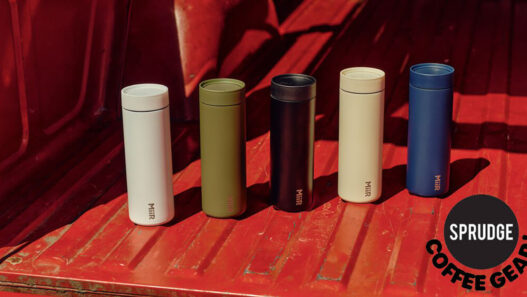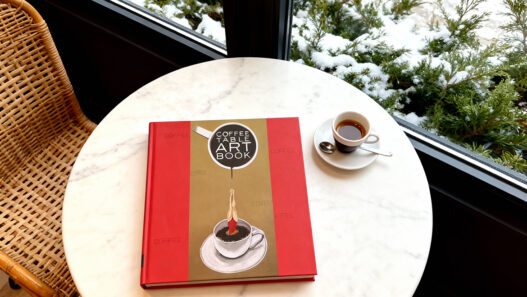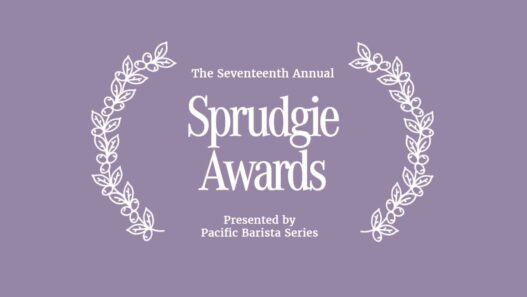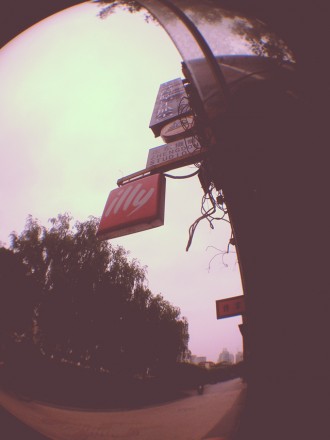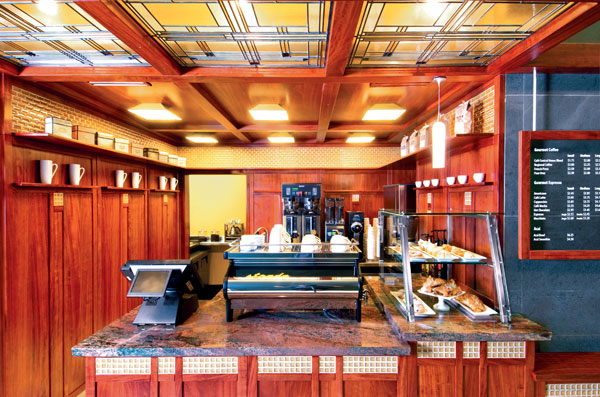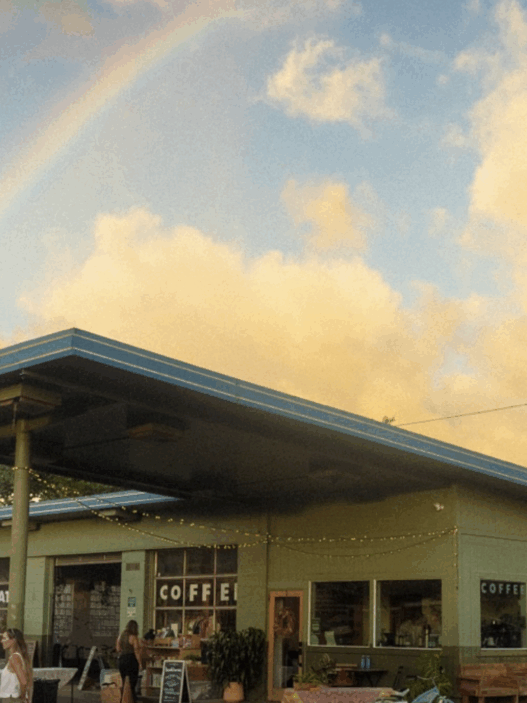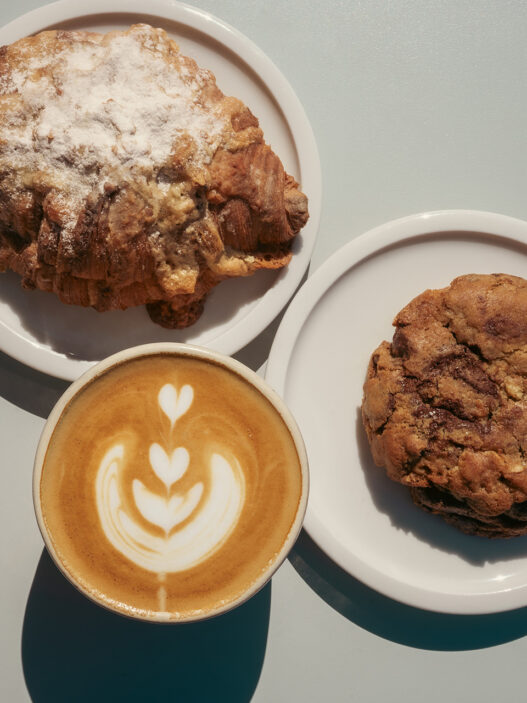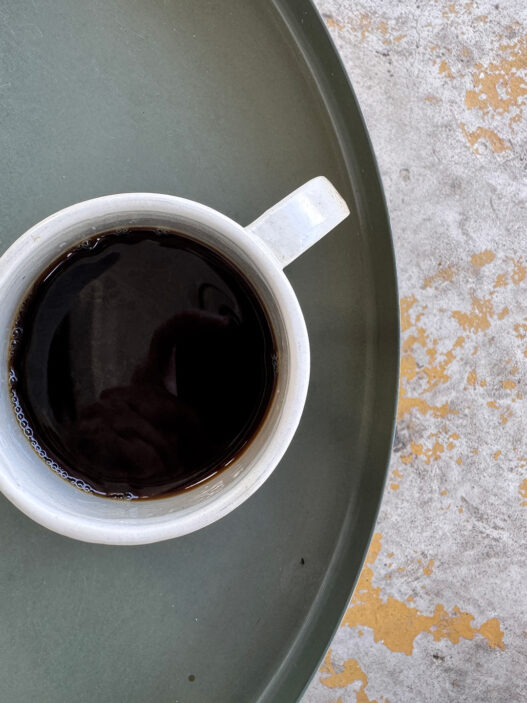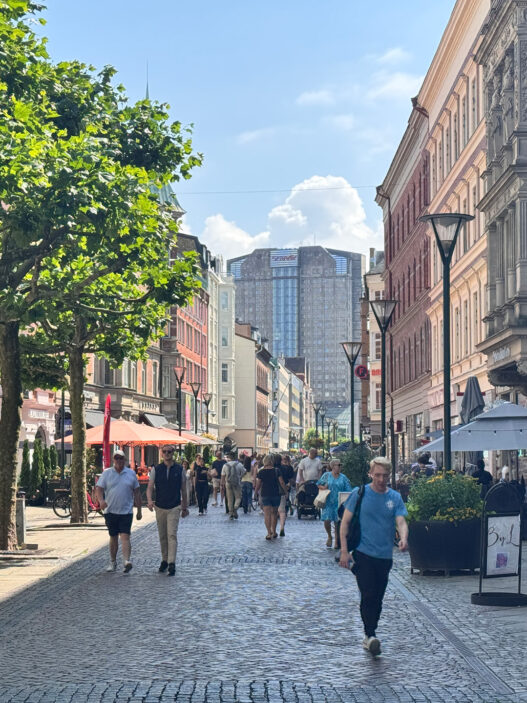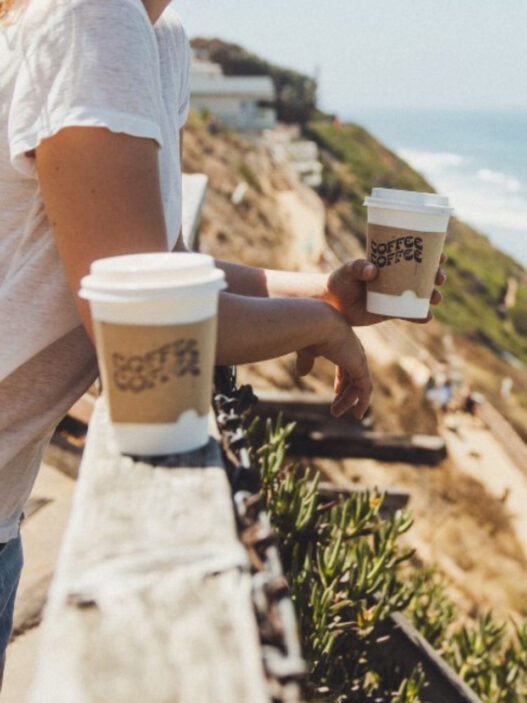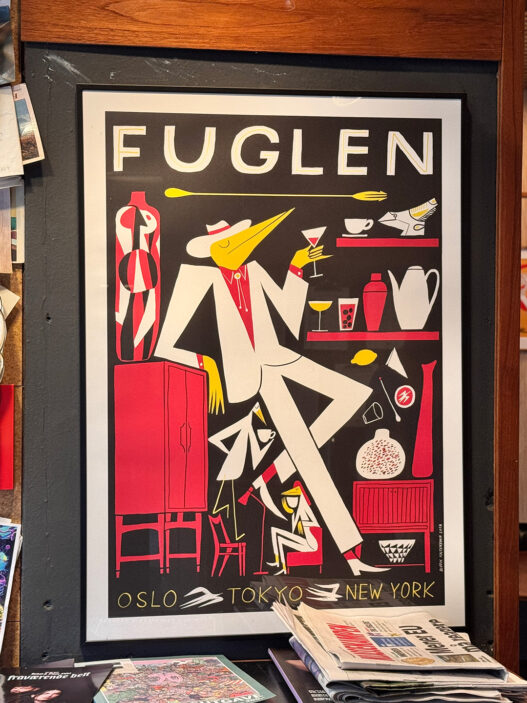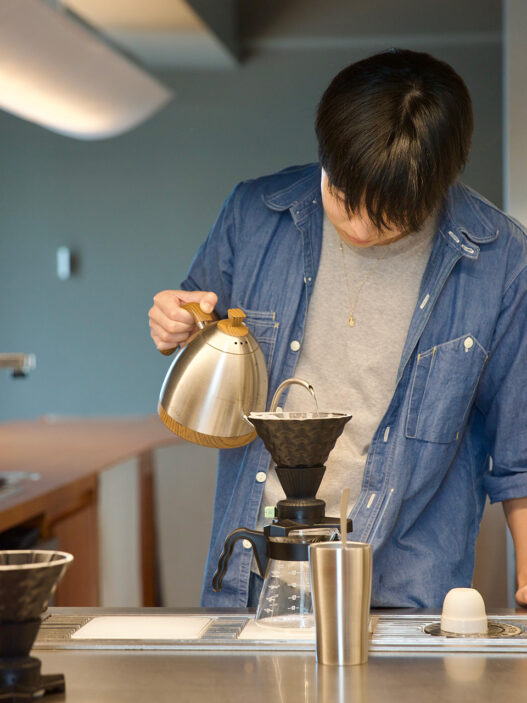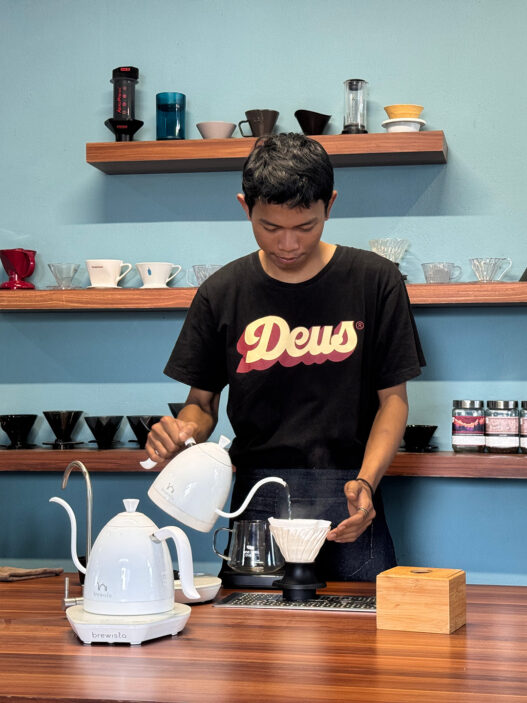Let’s get this out of the way up front: When you buy a budget flight to China like I did, you’re probably going to end up at the Pudong International Airport. It takes around 2 hours to get to from Pudong to downtown Shanghai, which whittled down my already-breakneck 24 hours into less-than-24 hours in Shanghai. It’s safe to say I didn’t have much time; Shanghai is the largest city proper in the world, home to something like 17 million people, with another 5 million spread out in its sprawling suburbs. And coffee is booming in China, with consumption growing at a rate of 12% a year and huge international chains like Costa rushing in to open hundreds and hundreds of new shops.
For simplicity’s sake, I chose two coffee shops that were close to each other and easy to get around via taxi. This is no end-all be-all city guide to Shanghai’s fascinating coffee scene – that would take weeks! – but rather, one interloper’s attempt to drink great coffee in the world’s biggest city, where coffee culture is brand new and only getting brighter.
First up, I arrived at Sumerian Coffee Roasters, a small roastery and visibly “third wave” coffee shop repeatedly suggested to me by the wonderful world of Twitter. It was a bit before they opened when I got there, so I ducked into Egghead Bagels next door for some breakfast. I ordered a cappuccino from Egghead, because that’s why I’m here, right? It was pretty good, served up to me alongside a packet of “Golden coffee sugar crystals“. I tried to ask the barista where she learned to pull shots and steam milk, and where the coffee came from, and what time Sumerian was actually going to open next door, but the language barrier left me empty.
Sumerian still hadn’t opened an hour later, which was way past when their website had advertised, so I very sadly had to move along without visiting. Apparently coffee is more of an afternoon delight in China rather than a morning wake-me-up. Crestfallen, I decided to hail a taxi, furtively waving, limbs akimbo, mouthing a silent prayer to myself that my future driver would speak the international language of Google Maps.
My driver was a taciturn, at times angry middle-aged Chinese man with a penchant for horn-honking. We careened together, he and I, bells a-blaring, until finally we arrived at Seesaw Cafe inside the Jing An Design Centre. It’s an airy, gorgeous cafe space whose staff was arriving just as I was, which means I was afforded the opportunity to sit down with Tom, the owner, while the barista, Luoyang, who pulled me a great shot of their house espresso blend, comprised of Brazil, Costa Rica, Guatemala, and Yirgacheffe coffees.
I asked Tom what his interest was in opening a specialty coffee shop in Shanghai, being that the market is so new. He said there was a lack of good baristas coming from China, and he wanted to focus on barista training and a lab space where his staff could practice. He took notes from past World Barista Champions who started their own businesses, and looked to American companies for inspiration, specifically mentioning Intelligentsia.
“The coffee bar,” he told me, “is like a stage, and so I told the designer to light it like one.” For Tom, it was a hand brewed cup of Yirgacheffe made for him by a friend in the Shanghai coffee scene that first sparked his interest in coffee. I asked the same question of Luoyang, my artfully tattooed Chinese barista with nearly a decade of specialty coffee experience, which is like 10 lifetimes in Shanghai. He told me that his interest began by getting exposed to big companies with a presence in Shanghai, like Lavazza and Illy. He studied independently until he got his job at Seesaw. Luoyang explained to me that young people in big cities in China want something other than Starbucks, and this has lead to an increased interest in Chinese specialty coffee.
These, friends, are universal stories.
Like all great coffee bars, the atmosphere and company at Seesaw was seductive and eminently time consuming. While I waited for another barista, named Benny, to pour me a gorgeous latte, I chatted with a woman named Pulin, who was both the Barista Trainer and Head of Marketing for Seesaw. She told me she was personally moved by the dedication to craft she’d experienced in Japanese hand drip bars, and that her travel to Japan was a huge inspiration for her to grow specialty coffee in Shanghai. She also asked me to pass something along to Sprudge readers: Pulin wants more young women to join the specialty coffee party, in China and around the world. During our chat about hand-drip coffee, Benny offered to make me a cup of coffee grown in Yunnan, a region I’m more familiar with for tea. Of course I took this offer.
Benny slowly, purposefully brewed my coffee to perfection, and it was one of the sweetest cups of coffee I’ve ever had. The team at Seesaw found this coffee on a trip to Pu’er City in Yunnan, and after cupping it, found its quality to be high above their expectations for Chinese-grown coffees. They’ve since begun working directly with the farm, developing a relationship with the producers that they hope will grow for many years. My cup tasted like the first hint of molasses on the tip of my tongue, but without any of the round darkness that usually follows, instead giving way to feather-light stone fruit peachy sweetness.
Pulin told me it was important that they roast coffee themselves at Seesaw, because coffee freshness can be an issue in Shanghai, and they always wanted fresh coffee available to them. They have a quality control lab where they make their own blends and develop their single origin roast profiles adjacent to their barista academy training facility. The coffee I tried from Yunnan was an expertly dialed-in light roast, progressive and multi-faceted and delicious.
As LCD Soundsystem’s “Someone Great” began to play and a steady stream of hip, young Chinese customers came in for coffee, Pulin – who wound up being a pretty remarkable character – added that she has three things she wants her baristas to exude. They are:
1. Openness, to the customer and to try new things; 2. Happiness, for the barista and for the customer alike, and; 3. Total obsession with coffee. The entire staff had all these qualities, and it felt so refreshing. I don’t care where you’re doing business, in Shanghai or Seattle or Schenectady, because if your staff holds true to these tenants, you’re going to make awesome coffee.
The last block of notes from my conversation with Pulin was similarly inspiring. “We really hope that more people in China can drink better coffee,” she told me, “that is fresh, brewed in different methods, and imported from different countries and districts rather than instant coffee.” They’re fighting the good fight at Seesaw in Shanghai. This place takes its coffee seriously, and as China grows in its enthusiasm for specialty coffee, places like Seesaw and people like Pulin will be the reason why. This is a roaster – and a city, and a country – to watch.
Originally from Los Angeles, Jacqui Raquel is a working barista and erstwhile world travel based in New York City. This is her first feature for Sprudge.






